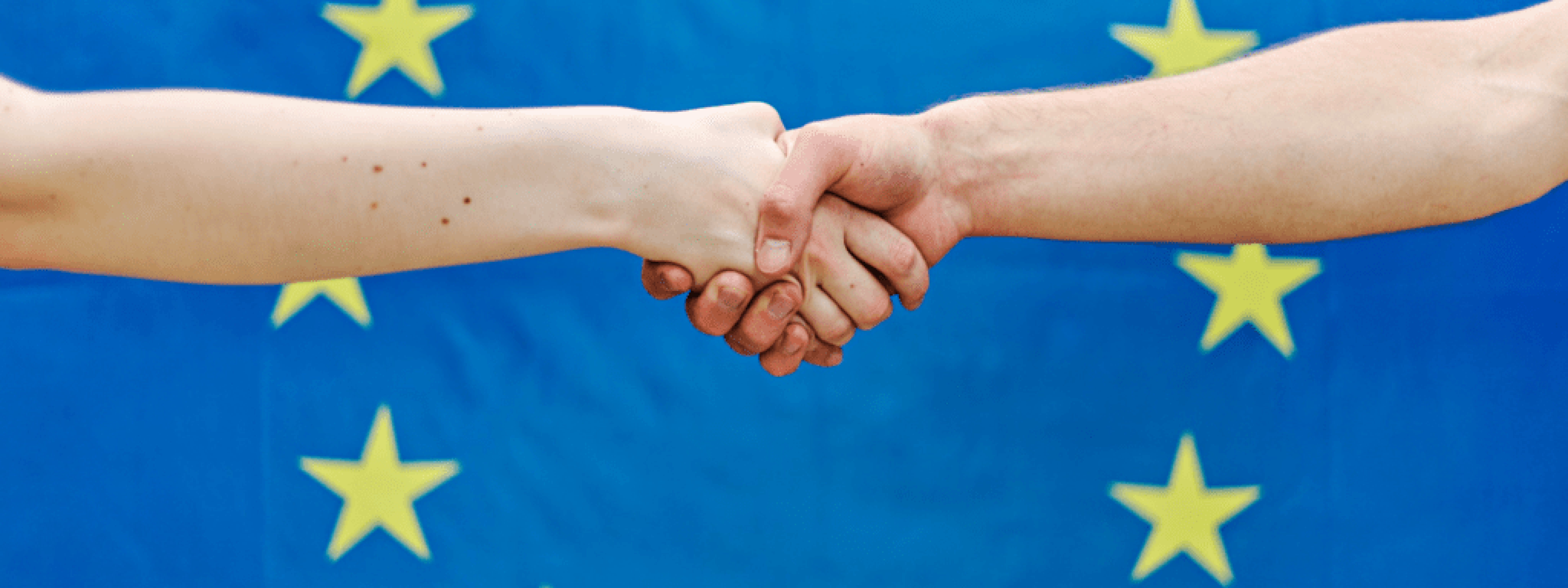
How we work?
Updated: 28/09/2022
The European Union is Ukraine’s largest donor, providing it with diverse and substantial support for decades. Since 2014, assistance amounted to more than EUR 17 billion. The EU works in Ukraine through its own structures, international organisations and agencies, civil society organisations, etc.
Delegation of project management
The Commission may delegate the implementation of EU-funded projects to Partner Organisations (so-called ‘indirect management’), who are responsible for the implementation of the project on the ground. They conclude with Commission so-called Contribution Agreements, which contain the description and planning of the activities, the budget, etc. For example, the EU Anti-Corruption Initiative in Ukraine (EUACI) is implemented by the Danish Agency for International Development (DANIDA), and the EU4DigitalUA project is implemented by the e-Governance Academy (Estonia) and the International and Ibero-American Foundation for Public Administration and Politics (Spain).
Grants
EU support is often provided through grants. These financial donations do not have to be repaid and are usually awarded following a call for proposals. Grant opportunities can be used by non-profit organisations, local communities and educational institutions. Grants are either provided through the EU directly, or via EU-funded projects, of which there are currently more than 250 in Ukraine.
Macro-financial assistance
Since 2014, the European Union has been supporting Ukraine with regular long-term loans at low interest rates. Such EU macro-financial assistance is a traditional tool for ensuring the economic stability of the state and encouraging reforms because receiving funds by Ukraine requires certain conditions. Before the large-scale invasion of Russia, five programs of macro-financial assistance were implemented for a total amount of EUR 5 billion. In March-May 2022, Ukraine received another EUR 1.2 billion for urgent macro-financial assistance. In May 2022, the European Council approved providing Ukraine with an exceptional package of EUR 9 billion.
Budget support
The budget support provides direct financial transfers to the Treasury in order to support the sustainable development of Ukraine. The provision of such assistance depends on political dialogue and evaluation of the effectiveness of reforms. In Ukraine, the European Union helps to qualitative changes in the areas of regional development, energy efficiency, public administration and others. Only in 2022, EUR 120 million of budget support was provided to Ukraine.
Loans, Guarantees and blending
The EU provides loans, guarantees and equity as forms of financial assistance to support its policies and programs. Where in the past the EU has mostly used direct grants to promote development in our partner countries, we now aim to bring in other sources of public and private finance to complement our own development funding. For example, the EU provides loans to businesses of all types for investment in research and innovation. It also provides guarantees to help beneficiaries obtain loans more easily or at better conditions from banks and other lenders. The EU may also financially participate in a project by owning parts of it. With guarantees we share the risk associated with investing and lending in developing countries, so that private investors and development banks will finance entrepreneurs or development projects. This means in the unlikely event that a loss occurs, the EU will pay part of it.
Twinning and TAIEX
Twinning is an EU instrument for institutional cooperation between Public Administrations of EU Member States and of beneficiary or partner countries. Twinning projects brings together public sector expertise from EU Member States and beneficiary countries with the aim of achieving concrete mandatory operational results through peer-to-peer activities. Technical Assistance Information Exchange (TAIEX) is an external assistance tool designed to exchange information for the purpose of building the institutional capacity necessary for the adaptation of national legislation to EU legislation. Within the framework of TAIEX, Ukrainian institutions receive expert support, educational visits, seminars and working meetings.
Tenders
In cases where the EU wishes to provide specific technical expertise or equipment, it can launch a competitive call for tender. These include: services (technical assistance, studies, etc.); supplies (equipment, materials, etc.); and works (infrastructure, engineering works, etc.).